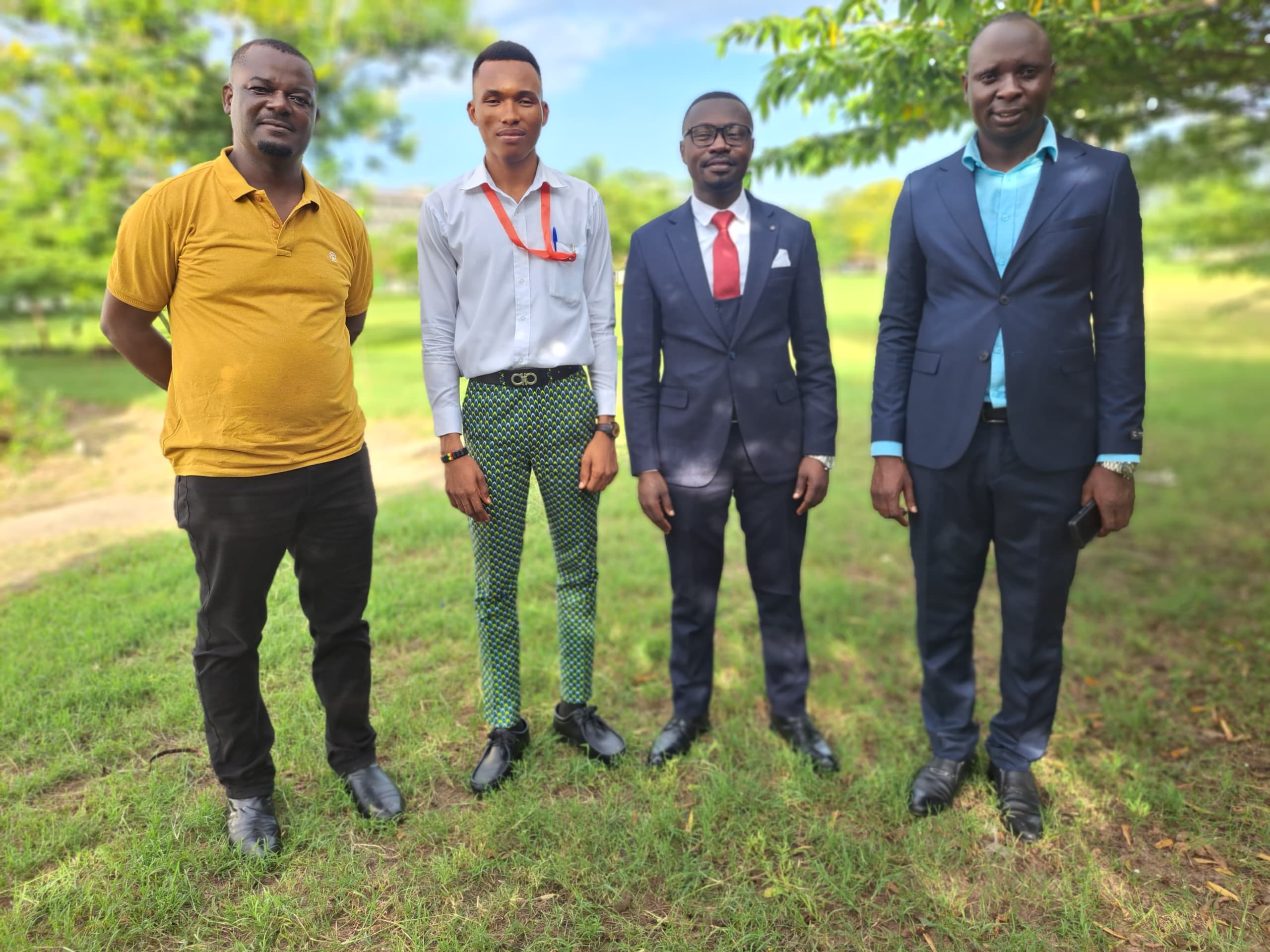The first story below is from one of our brothers in Argentina. He chose to be anonymous because the story involves sensitive topics. We share this beautiful story because it shows how God put together people with different colours and background, creating a colourful mosaic of people. Similarly, Elisante’s story is about God drawing people together to find harmony with each other despite different beliefs and practices – right in his hometown in Tanzania.
Worthy of being rescued
A story from Argentina
A boy came to live with me from a nearby city where he was known as the worst of the worst. His family (who were police officers) treated him very badly because he was known as a thief, took drugs and to get the drugs he was sent to do anything.
He had a very bad reputation in that place.
At one point in his life, he had a car crash and overdose, which led to him being admitted to a rehabilitation center. After fulfilling his time there, he came to live with me – an intermediate point between the centre and the beginning of his complete reintegration into society.
One of the things that impacted him the most of his time here is how his image changed, that God was able to act in his mind and heart – that he was worthy of being rescued.
He was able to forge a new identity. While living with us, he was surprised that people trusted him, and gave him opportunities. He was even known as part of our family here.
One night, he started crying because he couldn’t understand how after being the “garbage of his town”, he could find a totally different life in the Lord. That filled him with joy.
By one of our brothers in Argentina.
We share a lot of things
A story from Tanzania
I come from a country that is almost half Christian and half Muslim. Some Christian churches have suffered attacks, especially in Zanzibar, an island off Tanzania’s coast. In Zanzibar, the population is 90% Muslim. That area tends to be more violent against Christians, more challenging. And sometimes there is violence even in northern part, in Mwanza.
In these instances, someone who goes to church is killed or the church and everything in it is burned by unknown people. But we usually know that is a group of people with different religious beliefs.
Talking about peace or about Jesus with Muslim people in my country can be challenging.
Sometimes they’re kind of aggressive when you tell them something that is different from what they believe. This has happened to me in face-to-face conversations and also on social media.
I used to be active in Facebook groups for Muslims and Christians to discuss faith and beliefs. When the Muslims there would use violent words, sometimes the Christians became defensive. And I saw that some Christians could also be violent, using the same kind of language. So the arguments would just escalate.
But I soon realized that nonviolent words would cool down the situation.
Whenever the other side would use violent and aggressive language, I would use very polite words. Many times I would say, “I really love what you said and I understand what you say. And I really love you.” I would say this even though they were very angry towards the Christians.
If we love the people who don’t believe as we believe, it will show love. If we demonstrate actions of peace and love, they will want to know what we believe.
I do not blame the Islamic religion, because we have many, many Islamic friends that are very helpful to us. We work together, we eat together. We can eat from the same plate or drink from the same cup. We share a lot of things.
But we do have a lot of differences. Even among Christians this is true.
So whenever we have misunderstandings, we must come and sit and talk together. We may have differences, but our differences become less and less as we talk.
Elisante Daniel Lulu is a Mennonite from Tanzania. He recorded this testimony as part of the Bearing Witness Stories Project during the 2015 Mennonite World Conference Assembly in Harrisburg, Pennsylvania. Watch the video here.
